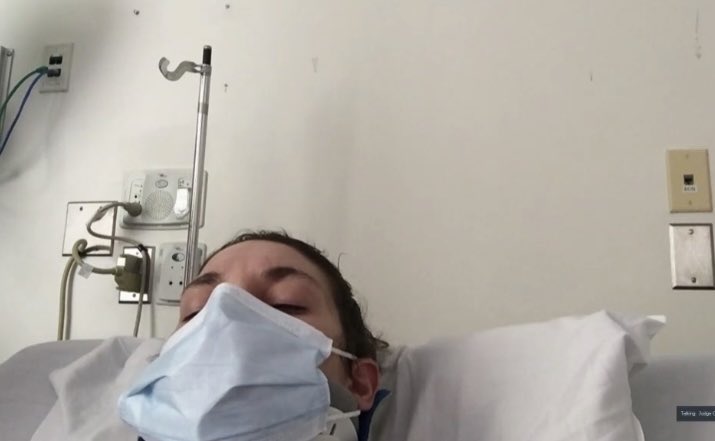As all eyes remain on the case of a mother accused of killing her children in Duxbury, Massachusetts, questions are being raised about whether or not someone's mental health can be a legal excuse for criminal behavior.
During her arraignment on Tuesday, both sides agreed Lindsay Clancy was dealing with mental health issues leading up to the killings. She had tried a dozen different medications and had spent a week in a psychiatric hospital. Prosecutors said she was clear-headed on the night she is accused of strangling her children with exercise bands, but defense attorneys argue it was a psychotic break caused by overmedication.
Clancy's defense attorney has not yet said if he will be pursuing an insanity defense, but he has said it is not off the table. He hired a forensic psychologist to interview her in her hospital room. Dr. Paul Zeizel said he will be looking into the voices Clancy allegedly heard the night of the killings.
"If you believe what those voices are telling you and you need to follow what they say, that's when things go downhill," Zeizel said.
Legal experts said those command hallucinations could be key to an insanity defense.
"The fact that somebody planned something doesn't mean they're not mentally ill. You have to look at why did they plan it," said Keith Halpern, a defense attorney who is not involved in the Clancy case.
Halpern is familiar with the legal road ahead for the defense. He represented Lee Chiero, who was found not guilty by reason of insanity after stabbing his mother to death in their Uxbridge home in 2007. Halpern said mental health experts helped convince the jury, as did Chiero's family, who supported him.
"In my case, was the jury sympathetic? Absolutely. I had jurors coming up to me in tears afterwards," he said.
Halpern said while it is rare for a jury to accept that someone is not criminally responsible for the actions due to mental illness, it is not unheard of, especially in cases where mothers are accused of killing their children.
"Because for a lot of jurors, it's just inconceivable that this stemmed from anything but mental illness," Halpern said.
It is still unclear if Clancy's case will be heard by a jury. Halpern said when it comes to mental health cases, both sides often reach an agreement when someone needs treatment instead of a trial.



